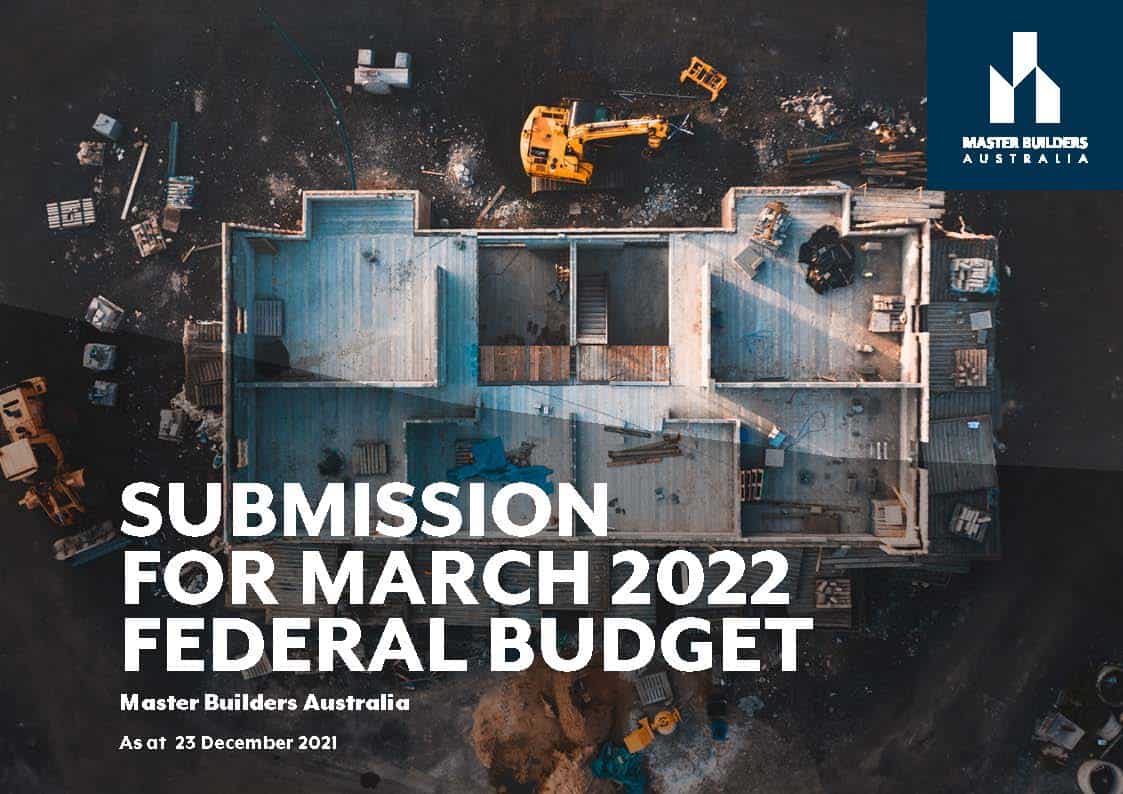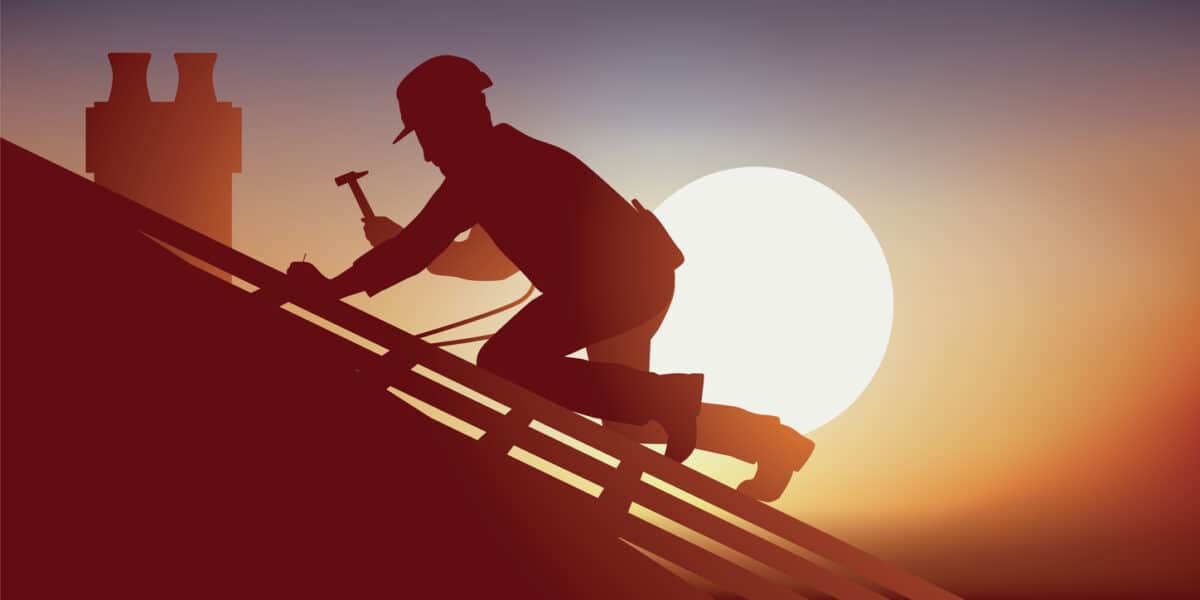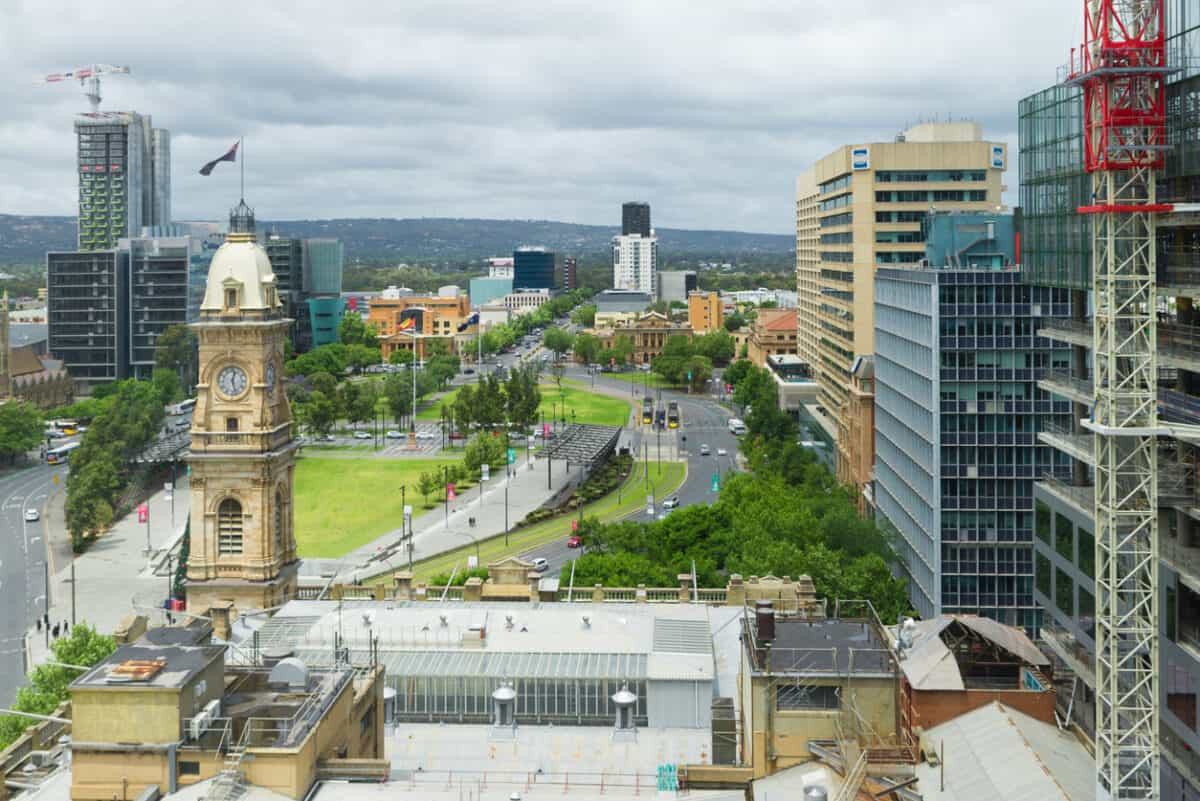The Australian Federal Budget is to be released very soon. As in every year, corporate and industry lobbyists release wishlist budget submissions even though there is no formal submission process. Sometimes these submissions include information, statements and pitches concerning occupational health and safety (OHS). The Master Builders Australia’s prebudget submission has been around since early January 2022 and the OHS chapter is educative on how the Master Builders Australia (MBA), and perhaps similar organisations, sees and understands OHS.
Category: change
Why bother with the Federal Government on OHS matters?
Australian political debate has a recurring thread of State and Federal responsibility. Currently, this debate focuses on the emergency response for floods in Queensland and New South Wales. Before this was the COVID response and the Black Summer bushfires. This argument over responsibility has trickled along for many years, for Constitutional and other reasons, including occupational health and safety (OHS).
Some years ago, all the Australian governments had a stab at resolving the split without reforming the Constitution through the OHS harmonisation strategy. It tweaked the system without Constitutional reform, but OHS will remain primarily a State and Territory matter (except for Comcare). This allows Prime Minister Scott Morrison to make bold statements (and some not-so-bold) about national problems like sexual harassment in Australian workplaces or worker exploitation in agriculture, understanding that the local jurisdictions are the ones who need to fix and police the problems.
HR and OHS remain “nice-to-haves.”
The recent HR/OHS article was an article originally intended to link to International Women’s Day regarding “female” business roles and influence. Coincidentally my social media feeds popped up a 2015 article from the Harvard Business Review entitled “Why We Love to Hate HR…and What HR Can Do About It“.
The author, Peter Capelli, reminds us that in the 19950s and 1960s Personnel Management was considered “the most glamourous area in business by executives” as it was considered integral to developing the business. Human Resources changed when an increasing number of managers were appointed from outside the organisation and the “full employment” of the 1970s reduced the perceived need for powerful HR departments. The HR role was reduced to essential services of hiring and retention.
Capelli suggested two strategies to regain influence, which are equally relevant to the occupational health and safety (OHS) professional:
What does the IPCC report on climate change say about work?
Global warming will affect the way we work. This was acknowledged in the most recent report from the International Panel on Climate Change. The 3,676-page report cited several research papers related to these changes. Below is a list of those papers and comments on the abstracts, where available.
Vanos, J., D. J. Vecellio and T. Kjellstrom, 2019: Workplace heat exposure, health protection, and economic impacts: A case study in Canada. Am. J. Ind. Med., 62(12), 1024-1037, doi:10.1002/ajim.22966. https://pubmed.ncbi.nlm.nih.gov/30912193/
This abstract recommends “Providing worksite heat metrics to the employees aids in appropriate decision making and health protection.” This research adds to one’s state of knowledge but may not help with which on-the-ground decisions need to be made.
Is work health and safety “woke”?
Occupational health and safety (OHS) has always been progressive in that its purpose is to prevent harm to workers and people. It has lost its way sometimes and its effectiveness diluted at other times, but its core purpose has remained. At the moment, there is an ideological, political and cultural resistance to progressive structures and ideas that is often criticised as being “woke”. Woke has an evolving meaning, but it seems to mean well-intended but ineffective.
Recently Australian academic Carl Rhodes examined “woke capitalism” in a new book. Refreshingly Rhodes provides an analysis of woke capitalism rather than a rabid critique. OHS is not the focus of this book (when is it ever?), but his research and perspectives are relevant to how OHS is practiced and the level of influence we believe it deserves.
All quiet in SA, for now
South Australia (SA) goes to an election in March 2022, so it is a good time to examine any occupational health and safety (OHS) policies.
As per usual, the policies of the incumbent Liberal Party government are vague on broad themes like worker safety but can include specific pledges – new roads, better electricity system, for instance. These activities need workers, and Victoria’s infrastructure strategy, its “Big Build“, has performed politically well for Victoria’s Premier Dan Andrews.
The SA branch of the Australian Labor Party has a document of their current policies, and here are some of those related to workplace health and safety:
Work, not Sex, won the day
On February 10 2022, the Victorian Parliament passed laws to decriminalise sex work, supporting the (Labor) government position that sex work needs to be treated the same as any other type of work. The debate, the culmination of decades of work by many sex work supporters and advocates, was won by emphasising the role of Work over the concerns about Sex. This is a strategy that other workplace safety advocates may consider.







